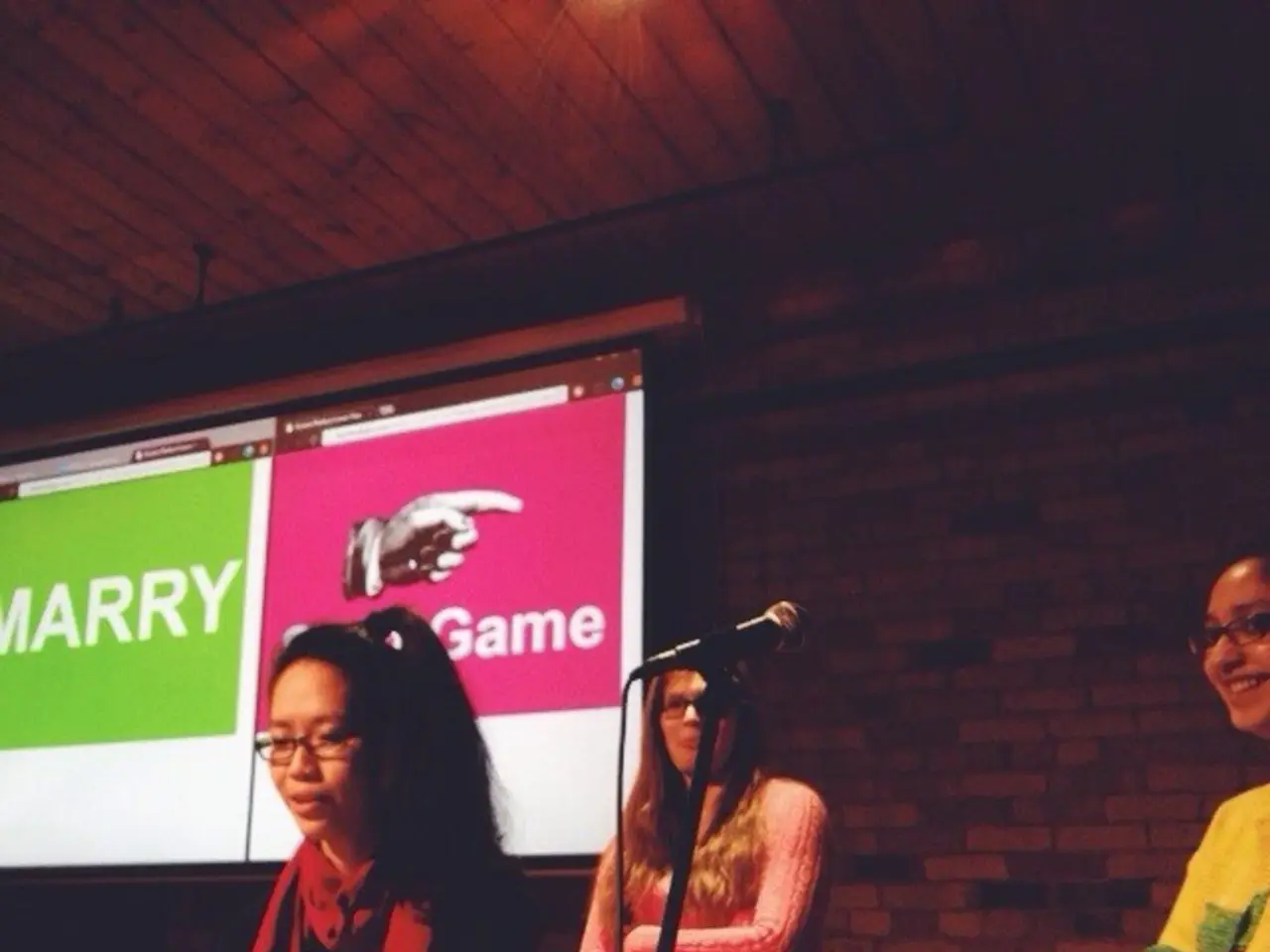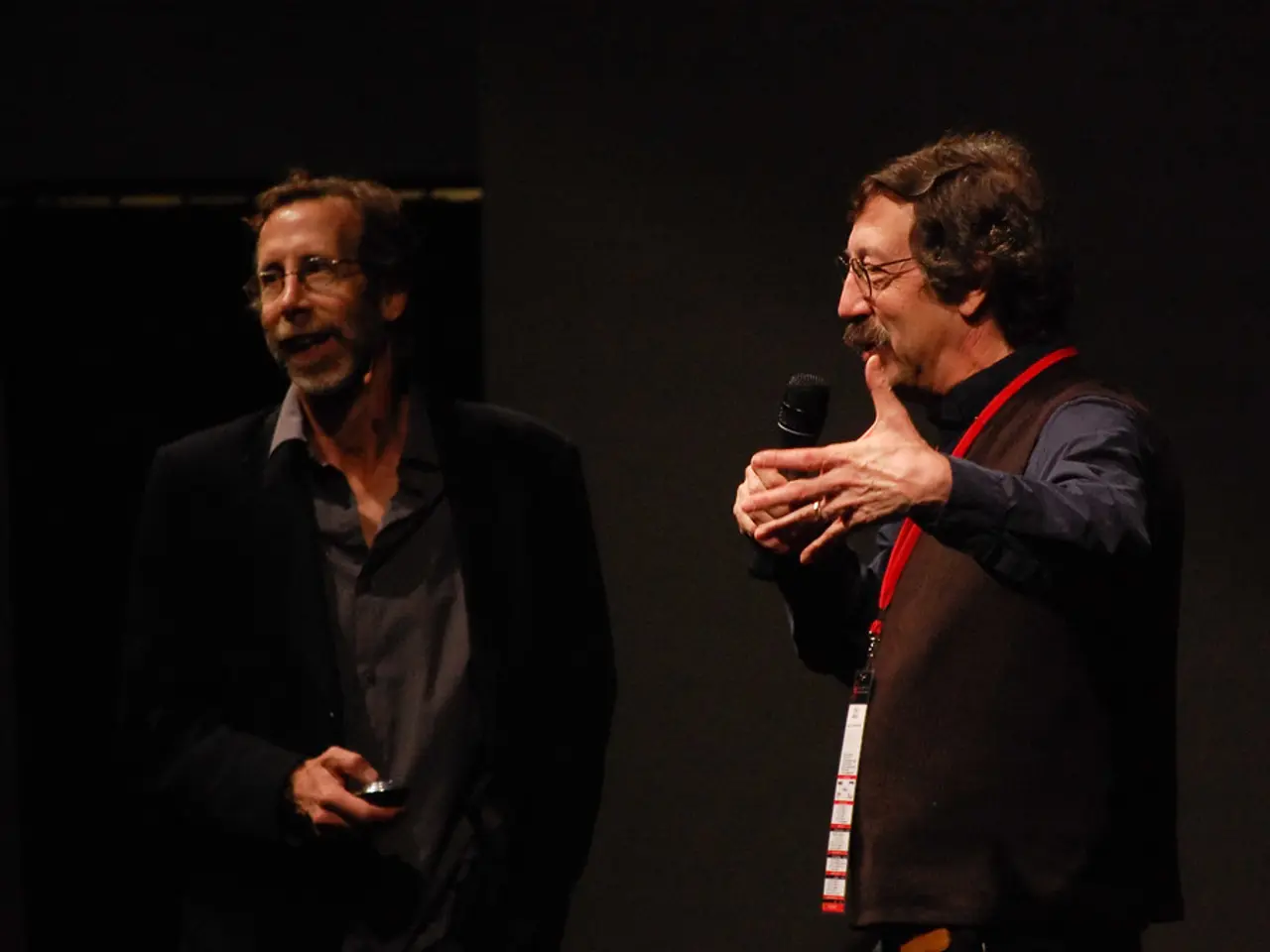Hunting Law Controversy: Hunters Stand Up Against Rhineland-Palatinate's Proposals
Demonstrators vociferously object outside the state legislature in opposition to proposed legislation - Demonstration outside the state parliament, expressing opposition to the proposed draft law, led by Jager group.
In a heated show of disapproval, the State Hunting Association is making waves in Rhineland-Palatinate, rallying against the state government's proposed hunting law changes. Hundreds of hunters gathered in Mainz, near the state parliament, to voice their dissatisfaction with the plans, constructing a long wall of posters sporting slogans like "Stay the hell away from our hunting law" and "Who else will do it if not us?"
A representative confirmed a discussion between Environment Minister Katrin Eder (The Greens) and Association President Dieter Mahr is in the works, and up to 200 protesters are anticipated during the demonstrations. The topic is slated for the first reading in the state parliament.
The contentious draft bill advocates for aligning hunting more closely with the forest renewal necessitated by climate change. Animal welfare is also highlighted as a key concern. The State Hunting Association voiced their disapproval of the government's plans during a recent action at the Rhineland-Palatinate Green Party conference.
Understanding the Proposed Hunting Law
The forthcoming hunting law mandates increased hunting quotas, requiring hunters to eliminate more game animals than before. Proponents, including environmental groups, argue that this is essential to control high populations of wild game that have a damaging impact on natural forest regeneration and biodiversity.
However, the Landesjagdverband criticizes the mandatory increase in hunting quotas, labeling it a "massive blunder." They claim the new law overlooks wildlife biology in favor of the economic interests of forestry and landowners.
The Landesjagdverband's Tactics
Sven Bischoff, the association's managing director, asserts the law focuses solely on killing animals to benefit the forest industry, rather than balanced ecological management. To challenge the new law, Dieter Mahr declared the association will use all democratic means at their disposal, including:
- Civil disobedience to halt its implementation.
- Pursuing legal avenues like constitutional complaints.
- Exploring the possibility of organizing a popular initiative (Volksbegehren) or a referendum (Volksentscheid).
Environmentalists' Alignment
Environmentalists, including the Rhineland-Palatinate branch of the German environmental group BUND, support the new hunting regulations. Sabine Yacoub, BUND’s state chairwoman, contends that overpopulated game negatively impacts natural forest regeneration and biodiversity. They view hunting as a necessary tool for restoring healthy, near-natural forest ecosystems.
The Future of the Hunting Law
With the law under parliamentary consideration in Rhineland-Palatinate, debates are expected to continue until the 2027 implementation. Given the stark differences between hunting groups and environmentalists, the state parliament serves as the central battleground for negotiation and potential amendments. The Landesjagdverband's pledge to explore all democratic avenues suggests ongoing political and legal conflicts surrounding the legislation.
[2] Additional information on the proposed Rhineland-Palatinate hunting law and its controversies can be found in newer sources and reports [Citation Needed].
- The controversy surrounding the Rhineland-Palatinate's proposed hunting law extends to various policy domains, including employment policy, as the State Hunting Association is actively considering lawsuits and civil disobedience to challenge the legislation.
- In light of the proposed hunting law, policy-and-legislation discussions on climate change and environmental science are essential, as the law aims to balance hunting quotas with forest renewal that mitigates climate change impacts.
- The Rhineland-Palatinate's proposed hunting law has captured the attention of general news, especially given the contrasting stances of the State Hunting Association and environmental groups, such as the Rhineland-Palatinate branch of the German environmental group BUND - a clash exemplifying the intersection of politics, science, and climate-change.








